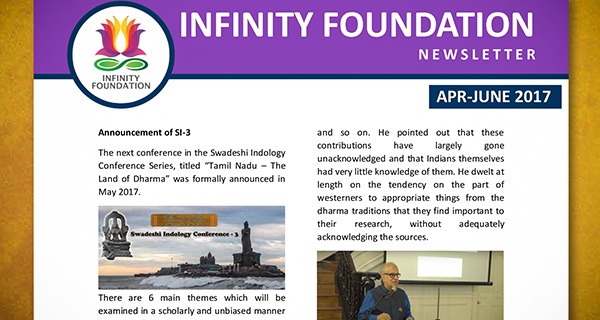The Carter Center
The Carter Center, in partnership with Emory University, is guided by a fundamental commitment to human rights and the alleviation of human suffering; it seeks to prevent and resolve conflicts, enhance freedom and democracy, and improve health.
What principles guide the Carter Center’s work?
The Carter Center is guided by five principles:
The Center emphasizes action and results. Based on careful research and analysis, it is prepared to take timely action on important and pressing issues.
- The Center does not duplicate the effective efforts of others.
- The Center addresses difficult problems and recognizes the possibilities of failure as an acceptable risk.
- The Center is nonpartisan and acts as a neutral in dispute resolution activities.
- The Center believes that people can improve their lives when provided with the necessary skills, knowledge, and access to resources.
- The Carter Center collaborates with other organizations, public and private, in carrying out its mission.
The Center is associated with Emory University and is governed by an independent board of trustees, chaired by former President Jimmy Carter. The Center’s Board of Councilors provides its programs with the advice and support of prominent regional and local figures.
The Carter Center is located in a 35-acre park approximately two miles east of downtown Atlanta. Four circular interconnected pavilions house offices for the former president and first lady and most of the Center’s program staff. The complex includes the nondenominational Cecil B. Day Chapel, other conference facilities, and staff offices. The Center also owns the nearby Kirbo Building.
The Jimmy Carter Library and Museum, which adjoins The Carter Center, is owned and operated by the National Archives and Records Administration of the federal government. The Center and Library are known collectively as The Carter Presidential Center. Click here for directions.
Construction of the Center’s facilities was financed by private donations from individuals, foundations, and corporations. These donors, together with multilateral development assistance programs, also support the current annual operating budget of $35 million



